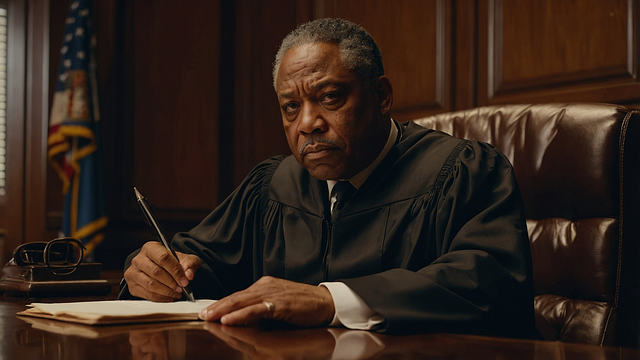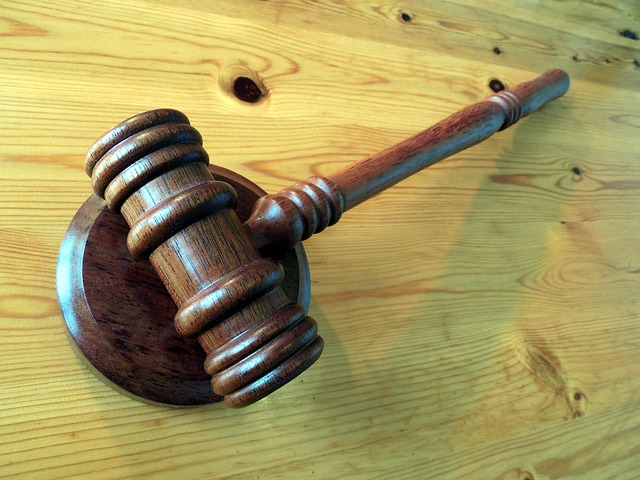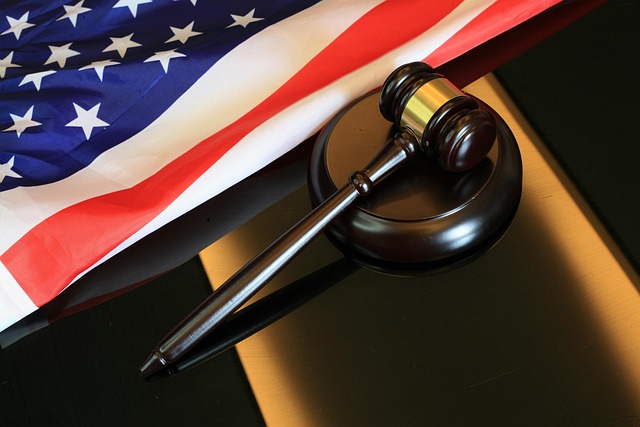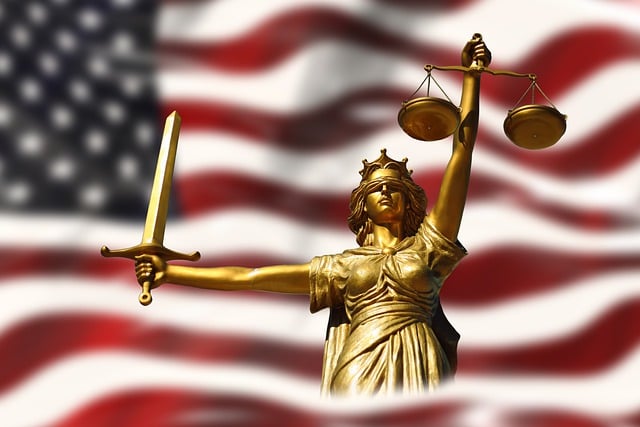Whistleblower protection laws guard individuals who expose illegal or unethical activities from retaliation, promoting transparency and accountability. General criminal defense attorneys play a vital role in understanding and navigating these protections, ensuring fair treatment during investigations. How Due Process Affects Sentencing is a critical aspect of whistleblower lawsuits, guaranteeing fairness by allowing parties to be heard, present evidence, and appeal. This process encourages whistleblowers by safeguarding their rights to legal representation and impartiality, ultimately fostering trust in the justice system. Skilled attorneys specializing in whistleblower cases can help clients navigate complexities and secure favorable resolutions.
Whistleblower Protection Lawsuits: Ensuring Justice and Accountability
In today’s complex legal landscape, whistleblower protection laws play a pivotal role in fostering integrity within organizations. This article delves into the intricacies of these legal frameworks, focusing on how due process guarantees fairness for whistleblowers. We explore its impact on sentencing decisions, offering insights into navigating legal challenges effectively. From understanding the purpose of whistleblower protections to strategic approaches for claimants, this guide illuminates the path toward justice and accountability in cases where due process is at stake.
- Understanding Whistleblower Protection Laws and Their Purpose
- The Role of Due Process in Whistleblower Cases
- Impact of Due Process on Sentencing Decisions
- Navigating Legal Challenges: Strategies for Whistleblowers
Understanding Whistleblower Protection Laws and Their Purpose

Whistleblower protection laws are designed to safeguard individuals who expose illegal or unethical activities within their organizations from potential retaliation. These laws ensure that whistleblowers can come forward without fear of losing their jobs, facing legal repercussions, or suffering other forms of harm. The primary purpose is to foster a culture of transparency and accountability by incentivizing employees to report wrongdoings. Understanding these protections is crucial, especially in high-stakes cases where the stakes are high and due process affects sentencing.
Across the country, general criminal defense attorneys play a vital role in navigating whistleblower protection lawsuits. They help clients understand their rights, ensure they receive fair treatment during investigations, and protect them from unwarranted accusations. In many instances, these laws provide a safety net for whistleblowers, offering both legal protections and incentives to come forward with valuable information that may expose significant wrongdoings.
The Role of Due Process in Whistleblower Cases

In whistleblower protection lawsuits, due process plays a pivotal role in ensuring fairness and justice for individuals who expose wrongdoing within their respective businesses or organizations. It is a fundamental principle that guides the proceedings, especially when determining sentencing. The concept of due process guarantees that every party involved has the right to be heard and to present evidence in their defense. This is crucial in whistleblower cases, where allegations can have severe consequences for both individuals and companies.
When it comes to sentencing, an unprecedented track record of due process ensures that decisions are made impartially, based on substantial evidence. For his clients’ benefit, whistleblowers should be aware of their rights to legal representation, the ability to confront accusers, and the right to appeal if they believe their due process has been violated. This meticulous approach fosters trust in the justice system and encourages more individuals to come forward with information that could expose significant corporate or governmental misdeeds, ultimately serving as a powerful tool for accountability.
Impact of Due Process on Sentencing Decisions

The concept of due process plays a pivotal role in shaping sentencing decisions within whistleblower protection lawsuits. This legal principle guarantees individuals the right to a fair and impartial hearing, ensuring their protections against arbitrary or unjust actions by the state. In the context of whistleblower cases, due process demands that employees who choose to blow the whistle on illegal activities be afforded the opportunity to present their evidence and arguments without bias. This is particularly crucial in white-collar defense, where accusations can be complex and nuanced.
Across the country, courts have recognised the significance of due process in ensuring winning challenging defense verdicts. By adhering to these procedural safeguards, legal teams can navigate the intricate web of whistleblower protection laws effectively. The impact extends beyond mere procedural fairness; it strengthens the integrity of the justice system by fostering public trust and encouraging individuals to come forward with valuable insights, knowing that their rights will be respected throughout the legal process.
Navigating Legal Challenges: Strategies for Whistleblowers

Navigating Legal Challenges: Strategies for Whistleblowers
Whistleblower protection lawsuits involve intricate legal battles that require strategic planning and robust representation. For individuals who come forward with information exposing corporate fraud, public corruption, or other illegal activities, understanding their rights and protections is paramount. One key aspect that plays a significant role in these high-stakes cases is how due process affects sentencing.
Across the country, whistleblowers must ensure they are afforded proper legal procedures during investigations and proceedings to protect their interests. This includes the right to be heard, access to relevant information, and a fair assessment of penalties. Skilled attorneys specializing in whistleblower protection can help clients navigate these complexities, presenting robust defenses and mitigating potential sentencing outcomes. By leveraging laws designed to safeguard whistleblowers, they can secure favorable resolutions for their clients.
Whistleblower protection lawsuits play a crucial role in upholding justice and ensuring that individuals who expose illegal activities are safeguarded. Understanding how due process affects sentencing decisions is paramount, as it offers a fair and balanced approach to these cases. By navigating legal challenges through well-informed strategies, whistleblowers can effectively protect their rights and contribute to a more transparent and accountable society. The interplay between due process and whistleblower protection laws is essential for fostering an environment where truth-telling is encouraged, and those who take on powerful entities are supported rather than punished.






